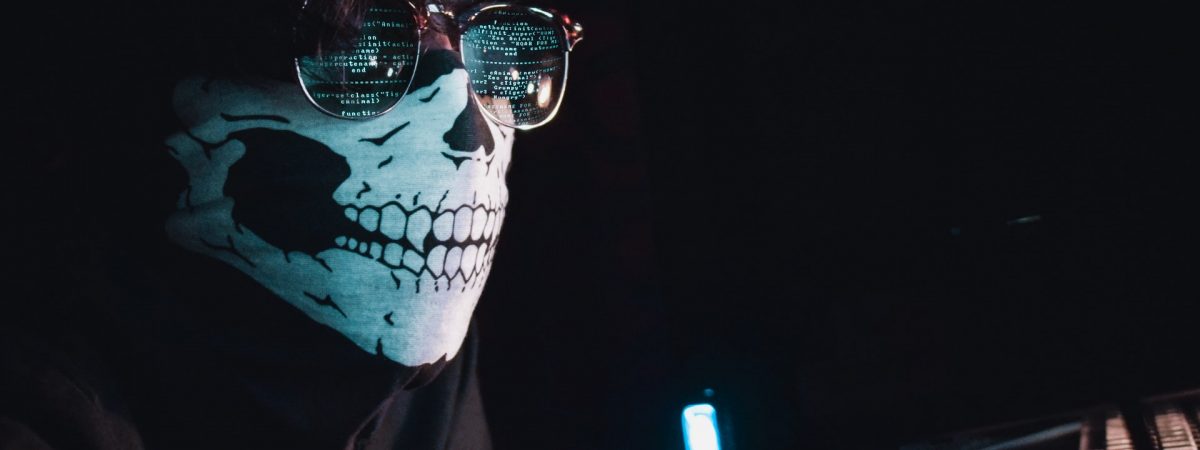Over the last several years, many video game companies have experienced issues from hackers around the world. Hacking into the codes and accounts of executives has presented significant security and financial repercussions for employees and players alike.
If you are a gamer or own a gaming business, it’s now more important than ever to understand how hackers target large companies and what that does to players of the games. Here are some ideas on how you can reduce the risks of having your game information fall into the wrong hands.
How Hacking Affects Gamers
Many online attackers come from the video game community itself. They crack and modify the codes to games that allow them to have a particular advantage over other players. However, they may also use those codes to get personal data and could cause your game to crash.
Sharing the same Wi-Fi network with other gamers is another temptation for cybercriminals. When you’re on the same internet connection, your personal information moves across the web and between players. It can be easy for someone to find some of your data over a shared Wi-Fi connection. Be careful when giving out your wireless internet passcode since it only takes one person to use it maliciously and cause trouble.
How Hacking Affects Gaming Companies
Hackers often carefully plan targeted attacks that get into the company’s system. Coding webs for online games are complicated and specific, and these criminals can create flaws in your company network that open cyber doors to sensitive information. This method allows these groups to use your data against you.
In one instance, CD Projekt Red, the owners of Cyberpunk 2077, was recently hacked by a group who claimed they copied code from Cyberpunk and other games sold from the company. This anonymous organization held the information for ransom from CD Projekt Red, which the gaming business refused to pay.
Because of the payment refusal, the hackers released statements saying they would sell the codes to other buyers without the permission of CD Projekt Red. The leaked information affects the finances of CD Projekt Red because others would be able to buy, publish and play those games without the company getting paid for them. Unfortunately, this example is a regular tactic that cybercriminals use with video game companies.
What This Means for Players and Companies
Hackers aren’t going to stop their malicious attempts any time soon. However, that doesn’t mean you have to sit back and let attacks happen. You can take proactive steps now to protect your personal information across all accounts.
There are a few things you can do, such as:
- Beefing up security: If you own a gaming business, you can manage employees’ and players’ access privileges to keep hackers away from sensitive data.
- Changing passwords consistently: Keep a paper journal of your passcodes and change them frequently. Also, try not to have the same password for several accounts. This reduces the chances of hackers being able to access other important information.
- Erasing bank information after purchases: After you make an in-game purchase, it would be a wise move to delete your payment details instead of saving them. Taking this step prevents hackers from tracking your transactions and potentially stealing your information.
- Updating your software: By keeping your devices updated, you can ensure you have the most current security features.
Protect Your Gaming Data
Many online communities connect through gaming, and thousands of games have in-app purchases attached to accounts. It makes sense to do everything you can to protect your data from cyberattacks. Gamers and companies can work together to find a better solution that covers all personal information when it comes to stopping cybercriminals from hacking video games.




